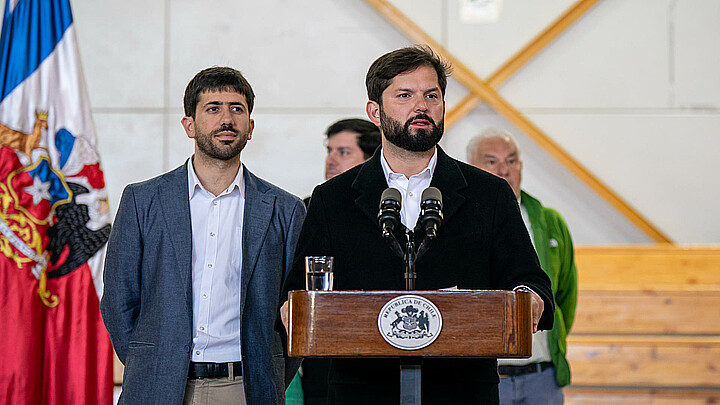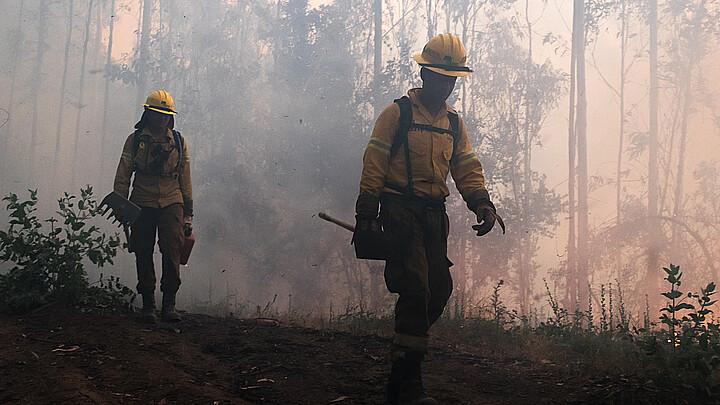Politics
Chilean Election Update: Nobel Laureate author Mario Vargas-Llosa supports conservative Jose Antonio Kast
Vargas-Llosa ended the meeting by noting that “no socialist or communist country has been successful. I think that this election in Chile is truly definitive”
December 6, 2021 8:44am
Updated: December 24, 2021 1:22am
Mario Vargas-Llosa, a Peruvian Nobel Laureate and political commentor, announced his support for the candidacy of José Antonio Kast in the Chilean presidential elections while on a Zoom call with the free-market politician, Friday morning.
Kast, a candidate from Chile’s Republican Party, garnered 28% of the vote in last month’s elections, missing the necessary 50% needed to avoid a runoff.
On December 19, he will face 35-year-old left-wing former student union leader Gabriel Boric, who came in second with 25 percent of the vote after creating a wide coalition with left wing parties, including Chile's Communist Party.
Referencing the Chilean elections in which Boric and Kast are heading for a second round, Vargas-Llosa told Kast, “The eyes of all of Latin America are on Chile today. I don’t believe there is any alternative but for you to win the elections.”
“The elections in Chile are absolutely fundamental. If Chile recovers the leadership role that it played in Latin America, I think the situation in Latin America would change considerably,” he continued. “It’s very important that Chile once again leads the central-right in matters of liberty, stimulating business leaders and foreign investment. These things create jobs and can amend certain past failures.”
Vargas-Llosa ended the meeting by noting that “no socialist or communist country has been successful. I think that this election in Chile is truly definitive.”
This election comes two years after mass protests and riots shook the country in Oct. 2019, with protesters demanding better pensions, better education, and the dismantling of the economic system which led to what many economists refer to as Chile’s economic miracle.
The protests also led current President Sebastían Piñera to call for a plebiscite in which Chileans voted to draft a new constitution.
The call for a new constitution is not necessarily a left-wing effort however, and there is also popular support from conservatives, which could signal that the constitutional assembly will not necessarily lead Chile down the same path as Venezuela or Bolivia.
Referencing the plebiscite, Javier Sajuria, an associate professor at the School of Politics and International Relations at Queen Mary University of London noted, “Many people believed that 80% of the approval was from the left and the data never showed that. We always warned that probably half was from the right.”
“It was not a uniform bloc but one of gigantic diversity, with people from the center-left and also from the center-right who do not want an ultra-progressive constitution,” he added.
Last week, Kast was in Washington, where he met with Republican Sen. Marco Rubio and a representative from the Organization of American States; he also met a group of U.S. business leaders for tapas near the headquarters of the World Bank, Chilean news outlets reported.








